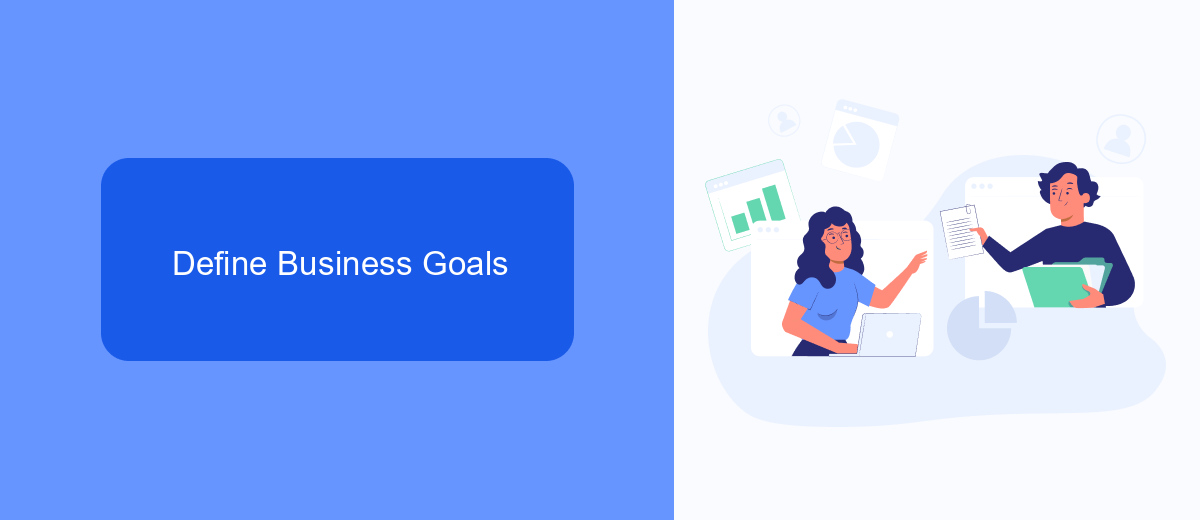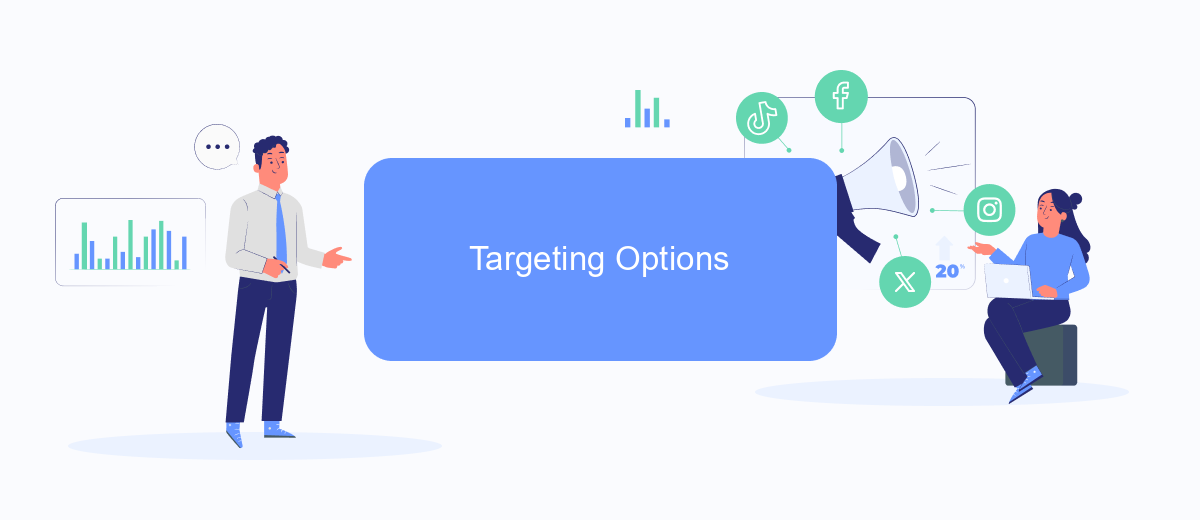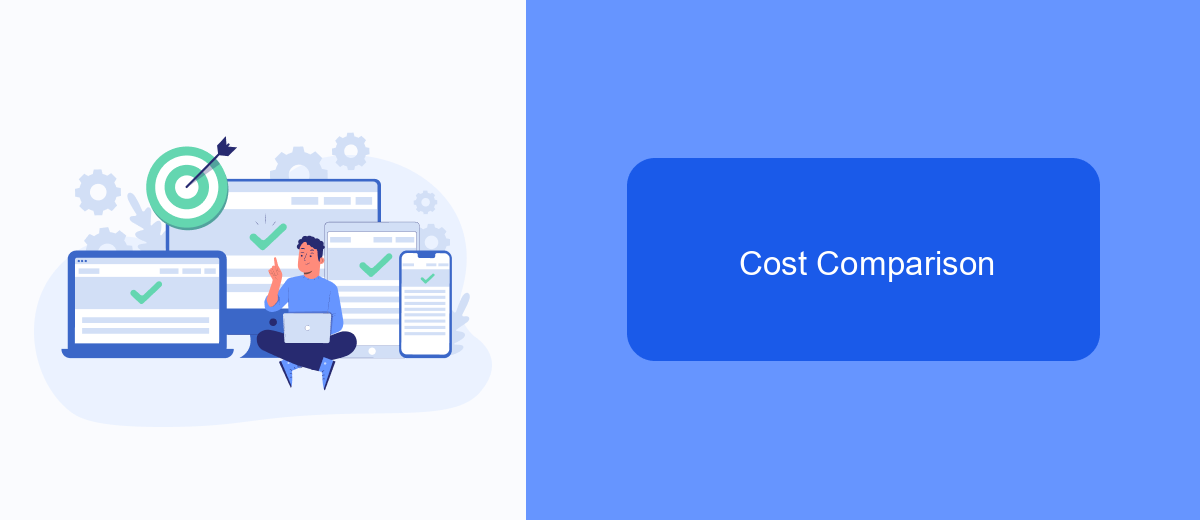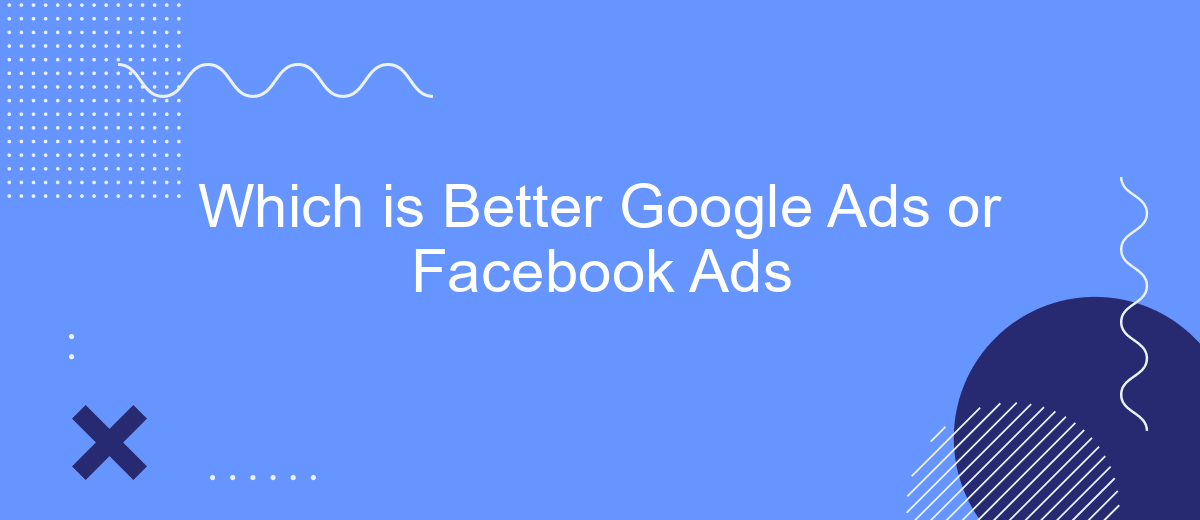In the ever-evolving landscape of digital marketing, businesses often find themselves debating between Google Ads and Facebook Ads for their advertising needs. Both platforms offer unique advantages and cater to different marketing objectives. This article delves into the strengths and weaknesses of each, helping you determine which advertising avenue might be better suited for your specific goals and audience.
Google Ads vs. Facebook Ads
When comparing Google Ads and Facebook Ads, it's essential to recognize that both platforms offer unique advantages depending on your marketing goals and audience. Google Ads excels in targeting users with specific search intent, making it ideal for capturing high-intent leads. In contrast, Facebook Ads shine in audience targeting and engagement, allowing for highly personalized and visually appealing campaigns.
- Targeting: Google Ads leverages keyword-based targeting, while Facebook Ads use detailed demographics, interests, and behaviors.
- Ad Formats: Google Ads primarily focus on text-based search ads, whereas Facebook Ads offer a variety of formats, including images, videos, and carousels.
- Cost: Both platforms operate on a pay-per-click model, but costs can vary significantly based on industry and competition.
- Integration: Tools like SaveMyLeads can streamline the integration of leads from both platforms into your CRM, enhancing efficiency and conversion tracking.
Ultimately, choosing between Google Ads and Facebook Ads depends on your specific business objectives and target audience. Many businesses find success by leveraging both platforms to maximize their reach and effectiveness. By integrating tools like SaveMyLeads, you can ensure a seamless flow of data and optimize your advertising efforts across both channels.
Define Business Goals

Before deciding whether to use Google Ads or Facebook Ads, it is essential to define your business goals clearly. Are you aiming to increase brand visibility, generate leads, drive website traffic, or boost sales? Each platform offers unique advantages that can align with specific objectives. For instance, Google Ads excels in capturing high-intent users actively searching for your products or services, making it ideal for driving conversions. On the other hand, Facebook Ads are excellent for brand awareness and audience engagement due to their robust targeting options and visual appeal.
Once your goals are set, consider how you will track and measure success. Utilizing integration services like SaveMyLeads can streamline this process by automating data transfers between your ad platforms and CRM systems. This ensures that you have real-time insights into campaign performance, enabling you to make data-driven decisions. By clearly defining your business goals and leveraging the right tools, you can maximize the effectiveness of your advertising efforts on both Google and Facebook.
Targeting Options

When it comes to targeting options, both Google Ads and Facebook Ads offer robust tools to ensure your ads reach the right audience. However, the approach and capabilities of each platform differ significantly, catering to various marketing goals and strategies.
- Google Ads: Utilizes keyword targeting, allowing advertisers to display ads based on specific search queries. This is ideal for capturing intent-driven traffic.
- Facebook Ads: Leverages detailed demographic and interest-based targeting. Advertisers can create highly specific audience segments based on user behavior, interests, and demographics.
- SaveMyLeads Integration: Both platforms can benefit from integration services like SaveMyLeads, which streamline lead management by automating data transfer from ad campaigns to CRM systems.
Ultimately, the choice between Google Ads and Facebook Ads depends on your business objectives and target audience. Google Ads excels in capturing search intent, while Facebook Ads offers unparalleled precision in demographic and interest-based targeting. Utilizing integration tools like SaveMyLeads can further enhance your ad campaign efficiency by ensuring seamless data flow and lead management.
Cost Comparison

When comparing the costs of Google Ads and Facebook Ads, it's essential to consider various factors that influence your advertising budget. Both platforms operate on a pay-per-click (PPC) model, but the cost structures and audience targeting can differ significantly.
Google Ads typically have higher cost-per-click (CPC) rates due to the high competition for keywords, especially in popular industries. On the other hand, Facebook Ads often offer a lower CPC, making it a more budget-friendly option for businesses looking to maximize their reach with limited funds.
- Google Ads: Higher CPC, ideal for high-intent searches
- Facebook Ads: Lower CPC, better for brand awareness and engagement
- SaveMyLeads: Integrates and automates lead management for both platforms
Ultimately, the choice between Google Ads and Facebook Ads depends on your specific marketing goals and budget. Utilizing services like SaveMyLeads can help streamline your ad campaigns by automating lead integration, ensuring you get the most out of your advertising spend on either platform.
Performance Measurement
When it comes to performance measurement, both Google Ads and Facebook Ads offer robust tools to track and analyze campaign effectiveness. Google Ads provides detailed insights through Google Analytics, enabling marketers to monitor metrics such as click-through rates (CTR), conversion rates, and return on ad spend (ROAS). This allows for precise adjustments and optimizations to improve campaign performance over time.
Facebook Ads, on the other hand, offers comprehensive analytics through Facebook Insights and Ads Manager. These tools provide data on user engagement, demographics, and ad performance. Additionally, integrating services like SaveMyLeads can further enhance performance measurement by automating data collection and reporting. SaveMyLeads allows seamless integration of Facebook Ads data into various CRM systems, making it easier to track leads and conversions in real-time. Ultimately, the choice between the two platforms depends on the specific needs and goals of your advertising strategy.


FAQ
What are the main differences between Google Ads and Facebook Ads?
Which platform is more cost-effective for small businesses?
Can I use both Google Ads and Facebook Ads together?
How can I automate and integrate my Google Ads and Facebook Ads campaigns?
Which platform offers better targeting options?
Would you like your employees to receive real-time data on new Facebook leads, and automatically send a welcome email or SMS to users who have responded to your social media ad? All this and more can be implemented using the SaveMyLeads system. Connect the necessary services to your Facebook advertising account and automate data transfer and routine work. Let your employees focus on what really matters, rather than wasting time manually transferring data or sending out template emails.
